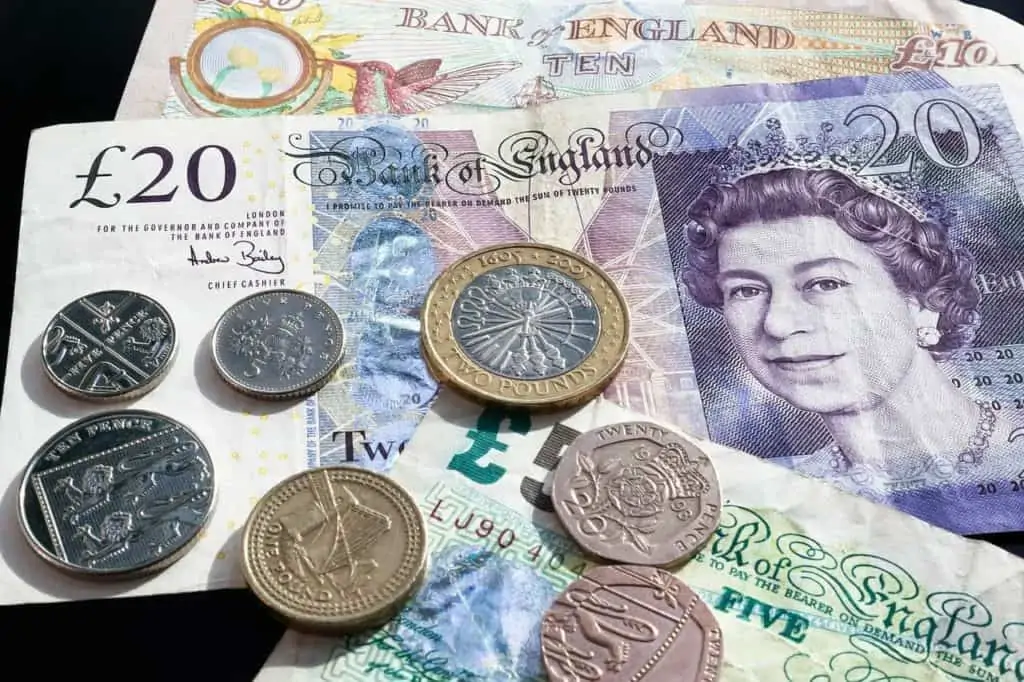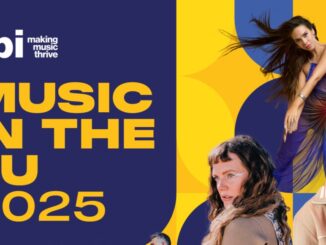Data on music downloads from Spotify has been used to help the Bank of England predict people’s sentiment which turns out to be as accurate in tracking consumer spending as surveys of consumer confidence according to Andy Haldane, Chief Economist at the Bank of England.
In a speech given at King’s Business School, entitled Will Big Data keeps its Promise? Mr Haldane gave an overview of how Big Data was helping the Bank to improve its understanding of financial behaviour.
Looking to the future he observed that ‘Capturing people’s true sentiments and preferences is devilishly difficult. Traditional surveys of market participants or the general public tend to be biased in their sampling and framed in their responses. As in quantum physics, the act of observing can itself alter behaviour.’
‘These realities may call for exploring non-traditional means of revealing people’s preferences and sentiments. To give one recent example, data on music downloads from Spotify has been used, in tandem with semantic search techniques applied to the words of songs, to provide an indicator of people’s sentiment. Intriguingly, the resulting index of sentiment does at least as well in tracking consumer spending as the Michigan survey of consumer confidence.’
Mr Haldane speculates that this way of thinking could be extended to people’s tastes in books, TV, radio and games to generate data on preferences and actions. His hope was that Big Data could be used ‘to create a real-time map of financial and activity flows across the economy, in much the same way as is already done for flows of traffic or information or weather.’
‘Once mapped, there would then be scope to model and, through policy, modify these flows.’
To read the full speech go here.





